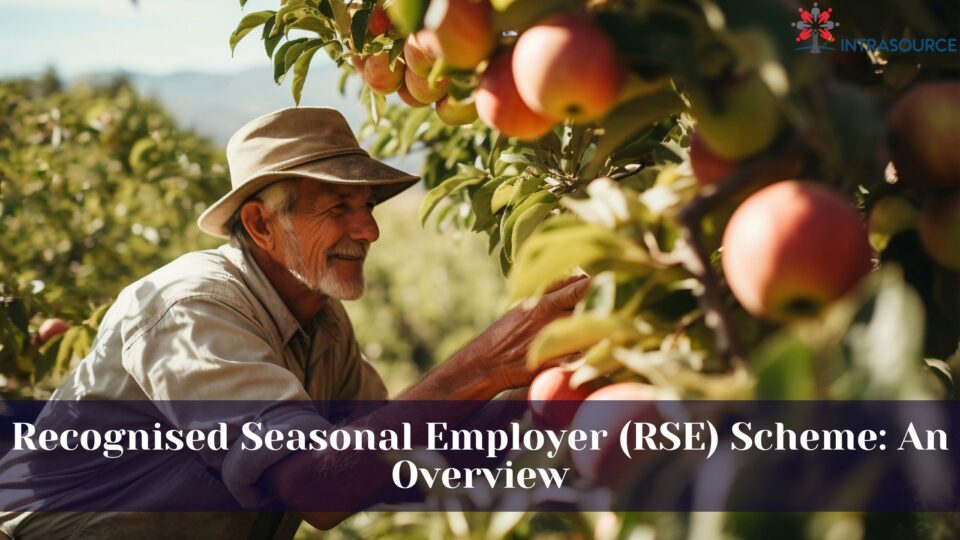The Recognised Seasonal Employer (RSE) Scheme is a significant initiative that enables employers within New Zealand’s horticulture and viticulture sectors to hire overseas workers for seasonal tasks when local labor is scarce. This scheme stands as a crucial bridge to fulfilling employment needs without undermining the domestic job market.
RSE Cap Expansion
Initially introduced in 2007 with a cap of 5,000 placements, the RSE scheme has seen progressive increases due to its growing success. The cap limit for the 2024-2025 season has been elevated to 20,750—a boost by 1,250 positions from the previous year’s cap of 19,500. This adjustment responds to industry calls for more worker access while maintaining balance with New Zealand’s labor market dynamics. The Government plays a central role in deciding these caps, while regional allocations involve consultations between Immigration New Zealand (INZ), the Ministry of Social Development (MSD), and industry stakeholders.
Recruitment Process
Under the RSE scheme, New Zealand employers or their representatives take responsibility for recruiting workers, organizing visa applications, and managing travel logistics. This task is coordinated with partner countries’ labor sending units. Eligibility to recruit is mostly reserved for Pacific countries including Fiji, Kiribati, Nauru, Papua New Guinea, Samoa, Solomon Islands, Tonga, Tuvalu, and Vanuatu unless pre-existing relationships exist from prior engagements before 2007. The Ministry of Foreign Affairs and Trade (MFAT) supports these nations to bolster their participation in this program.
Criteria for Workers
Prospective workers must adhere to certain health and character criteria and prove their plans to exit New Zealand at the conclusion of their term. Normally allowable stays are up to seven months within an eleven-month span; however, due to distance and travel expenses, workers from Tuvalu and Kiribati are exceptions with extended stays up to nine months.
Responsibilities of Employers
For companies aiming for RSE status recognition by INZ, it’s imperative they demonstrate financial stability coupled with robust human resources practices. This includes abiding by immigration and employment laws and showcasing a dedication towards recruiting and training New Zealand nationals in relevant sectors.
By structuring processes that harness both international labor force potential and domestic workforce development efforts effectively, the RSE scheme continues its pivotal role in sustaining agricultural productivity across New Zealand.
Compliance and Remuneration Requirements for RSE Employers
Employers participating in the Recognised Seasonal Employer (RSE) scheme are mandated to comply with minimum remuneration guidelines, ensuring that workers receive pay for no less than 30 hours per week, irrespective of the availability of work or any deductions. RSE workers must be compensated at the market rate applicable to their job role.
Employment agreements in this context should clearly outline:
- The hourly wage rates
- Applicable piece rates
- Minimum remuneration terms
- An agreement from employers to cover 50% of the return flight costs from the worker’s home country to New Zealand, excluding workers originating from Tuvalu and Kiribati.
All RSE workers receive detailed information outlining their rights and responsibilities. It is the employers’ duty to ensure that the welfare and pastoral care needs of these workers are adequately met. Employers receive guidance on standards and are held to consistent monitoring of obligations.
Employee Accommodation Standards
Employers must provide safe, suitable accommodation and necessary on-site facilities for their employees. While workers are required to pay a reasonable amount for rent, utilities, and other living expenses, it is crucial that deductions comply with RSE Instructions—only charging for actual, reasonable, and verifiable costs without imposing maximum limits.
In 2019, new criteria were established limiting further use of residential housing by RSE employers. This step aimed to mitigate increased demand for public housing stemming from raising the RSE cap. However, exemptions may apply in regions experiencing minimal housing pressure.
Ongoing Review of the RSE Scheme
A comprehensive review of the RSE scheme is currently underway. This assessment focuses on establishing sustainable long-term administrative frameworks beneficial to both government entities and employers. Furthermore, it aims at a scheme that honors RSE workers’ rights and dignity through enhanced policies and ethical employment practices.


